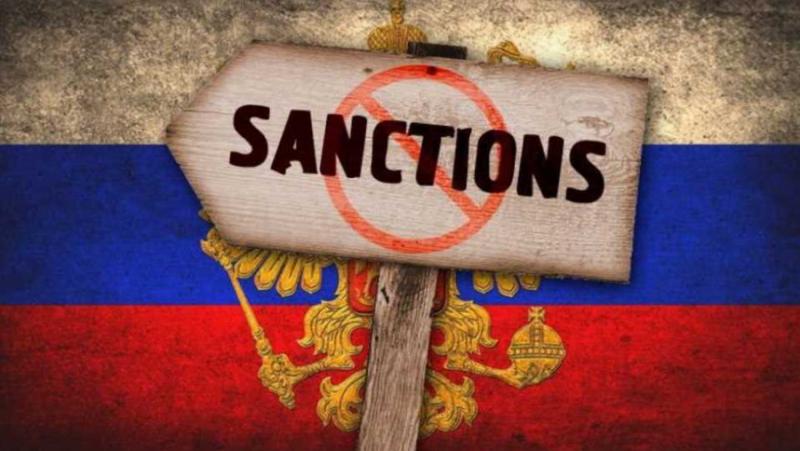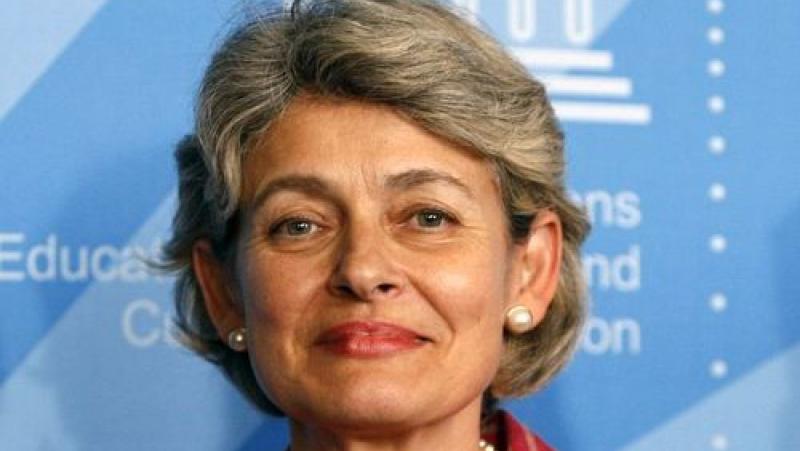/ world today news/ Now the Eurasian integration structures are undergoing the most serious test of strength
Dmitry Polyansky, Russia’s First Deputy Permanent Representative to the UN, clarified the history of the April 26 vote on “the planned and routine resolution on UN cooperation with the Council of Europe (CoE). In his signature rogue style, “Ukrainians and Westerners have introduced a highly politicized paragraph (PP9) that is not related to the subject of the resolution” in the preamble of the document he placed “many countries in an embarrassing position”.
„After all, if they don’t support this resolution, the Westerners can reciprocate when they vote the resolutions they need. Many of our partners found themselves in this situation – in the CIS, BRICS, etc. Therefore, they did the following: they did not support this paragraph in a separate vote, but voted for the entire text, making interpretive statements that they do not support the politicization of the resolution on UN cooperation with humanitarian organizations. explained the Russian diplomat, concluding that there was “decreasing support for Ukraine at the UN”.
And that’s fair: in the end, 71 countries did not support the document with the anti-Russian paragraph, but could have supported everything, and only 81 countries supported this ill-fated paragraph during the separate vote, while 102 voted against it.
This interpretation was also confirmed in a special clarification from the Chinese Foreign Ministry. Beijing does not support the description of the Ukrainian conflict as “aggression by the Russian Federation” after voting for a UN resolution on relations between the UN and the Council of Europe. “The yes vote was a vote on the entire text of the resolution and cannot be considered an endorsement of this paragraph.” “
Remember what this one sounds like “extremely politicized paragraph unrelated to the subject of the resolution” whose support by some CSTO members was not accompanied by additional comments: “…the unprecedented challenges facing Europe today following the aggression of the Russian Federation against Ukraine, and before that against Georgia, and the termination of the membership of the Russian Federation in the Council of Europe require the strengthening of cooperation between the United Nations and the Council of Europe – -especially with the aim of quickly restoring and maintaining peace and security, based on respect for the sovereignty, territorial integrity and political independence of each country; … to compensate the victims and hold accountable all those responsible for violations of international law.”
As you can see, the text contains a direct hint about the possibility of considering the introduction of restrictive measures against Russia, similar to those in force against Iran, North Korea, Zimbabwe, Myanmar and Sudan. Of course, such measures will not work, but some formats of response to a hypothetical vote of Russia’s partners in the SCO, BRICS, CSTO and EAEU can create the conditions for completely unnecessary political and informational tension.
And of course, the balance of power in the UN will be affected in one way or another by the military-political uncertainty and the further course of hostilities against the background of the supply of weapons from the West to the Zelensky regime. Finland’s recent accession to NATO, as well as Ireland’s plans to join NATO announced in April, will inevitably influence together with Sweden in this aggressive alliance.
The excessive dramatization by a part of the Russian Telegram community of the information deliberately presented by Kiev and Western propagandists at their desired angle is not in favor of an objective perception of the role and place of Russia in the modern world and in particular in international organizations.
At the same time, different opinions are expressed about the effectiveness of the explanatory work on the reasons for the launch of the CBO in the foreign structures. At the same time, many UN members are concerned about the real threat of secondary sanctions by the collective West against states and individual economic entities and individuals.
In this way, Astana will not help circumvent Western restrictive measures, said Kazakh Ambassador to the United States Erzhan Ashikbaev, speaking at a seminar at the Woodrow Wilson Center in Washington: “…Kazakhstan remains fully transparent with our US, European and UK partners, committed to imposing sanctions, not helping to circumvent them .
The Kazakh diplomat called on the West to provide “equal and impartial treatment of those countries that comply with the sanctions policy” . At the same time, Ashikbaev noted that for the countries of Central Asia, including Kazakhstan, the application of economic sanctions by the West has become “extremely difficult question”.
It is hardly possible, to put it mildly, because the severing of traditional ties is fraught with extremely negative consequences for the republic. In March, the government of Kazakhstan approved an updated concept for the development of the country’s fuel and energy complex.
The document contains a full understanding of the need for cooperation with Russia, through imports, from which Kazakhstan’s electricity deficit is covered. And Kazakhstan exports uranium ore to Russia. Despite frantic attempts to upgrade, the so-called Caspian Pipeline Consortium (CPC) remains Kazakhstan’s main oil export route, transporting about 80% of all black gold exported from the country.
According to the data of the Ministry of National Economy of the Republic of Kazakhstan, of the total trade of 134.4 billion dollars, Russia accounts for 28.2 billion dollars (the share of China is next and is in the amount of 24.1 billion dollars). And Elizabeth Rosenberg, Assistant Minister of Finance, who came to Astana at the end of April at the head of an impressive delegation, is not at all interested in the future of Kazakhstan.
The stated purpose of this trip is to take a full range of measures to ensure that Kazakhstan complies with anti-Russian sanctions, as well as the establishment of a permanent office of OFAC (the department of the US Treasury responsible for law enforcement in this area) at the territory of the republic to control the process.
Overseas supervisors have begun issuing instructions to Kazakhstani banks, which are already rushing to report on the measures taken. In addition, as follows from the latest information of Ural-TV, Russian cargo carriers with goods of parallel import began to bypass Kazakhstan, on the border of which problems began to arise.
Obviously, being under serious pressure and in violation of its obligations within the EAEU, the neighboring country “created difficulties” for the flow of “parallel imports” to Russia. According to Vladimir Matyagin, head of Gruzavtotrans association, “suppliers actually closed the border” and now “carriers have to make deliveries through Georgia, Azerbaijan, Armenia, China and Iran . “
That is, Astana’s promises to limit parallel imports into Russia did not turn out to be an empty phrase. According to the Financial Times and Eurasianet, the republic has begun tracking goods in transit in real time to prevent circumvention of sanctions.
On April 4, the deputies of the Senate (the upper house of the parliament) of Kazakhstan approved the law on the ratification of the agreement on the peculiarities of the payment of customs duties and other payments when transporting goods under the customs transit regime within the EAEU. It can be assumed that in relations with close and distant neighbors, the Russian side will prefer to avoid the “sharp corners” to the maximum extent, fearing the further deviation of its counterparts “to the West”.
As we wrote at the very beginning of the year, Russia proposes the construction of a new gas pipeline in Kazakhstan, designed not only to supply blue fuel to the northern and eastern regions of the country, but also (if it is extended to China) to strengthen the transit potential of the republic. It is very likely that the railway line from Bashkortostan to the northern part of Kazakhstan, which is expected to be built in the next few years, will be operated under preferential conditions for the neighboring country.
How effective this tactic will be will be determined in the near future. One thing is clear: both bilateral relations and the mechanisms of Eurasian integration are now undergoing their most serious test of strength.
Translation: EU
Sign the “Peace and Sovereignty” referendum in a few seconds to open the page/
Subscribe to our YouTube channel:
and for the channel or in Telegram:
#sanctions #oppression #West #meetings #Kazakh #steppes


